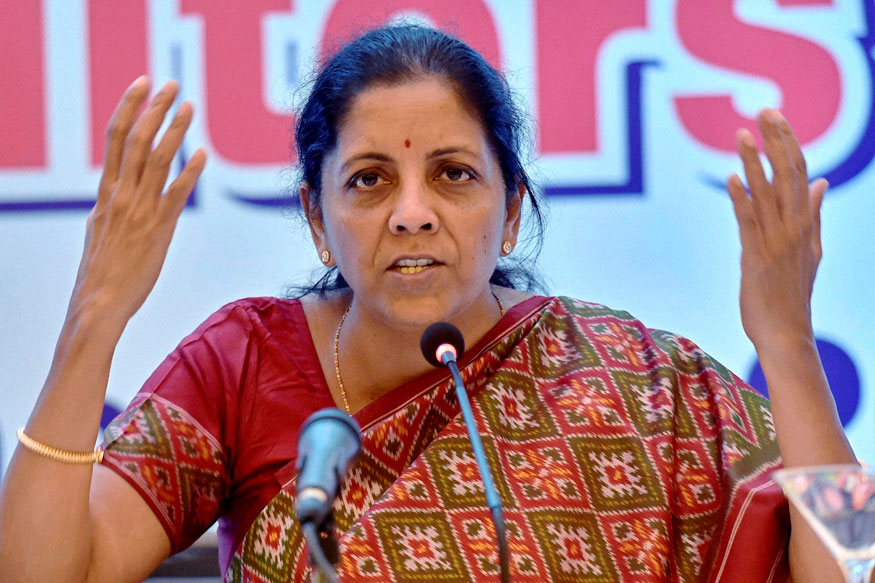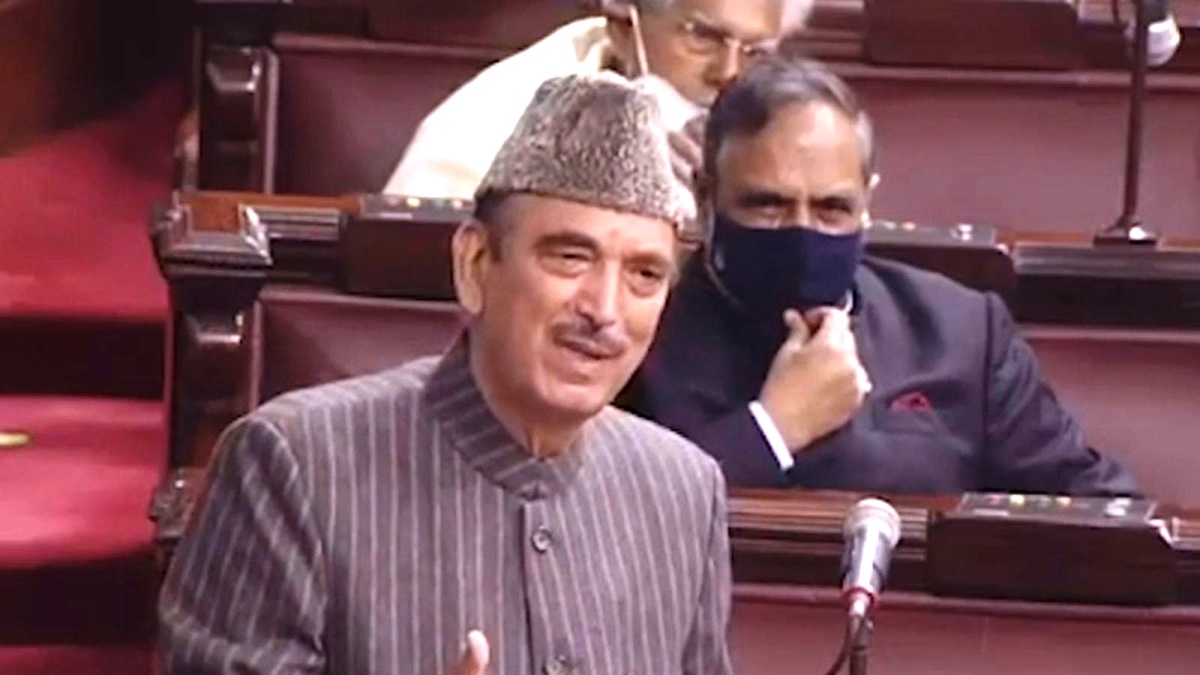The State Human Rights Commission (SHRC) recommended certain action in Kunan case in October 2012. The government’s failure to implement them led a group of women, concerned over the injustice with the Kunan residents in 1991, to knock at the doors of the state high court. They foiled a PIL seeking directions to the government to implement the SHRC directions and reopen the FIR regarding the crime. It took its own time and finally a division bench of the High Court comprising Chief Justice M. M. Kumar and Mr Justice Ali Mohammad Magrey, passed the following order of May 14, 2013. The order being of historic importance is being published here:
HIGH COURT OF JAMMU AND KASHMIR
AT SRINAGAR
PIL no. 07/2013
IA no. 721/2013
Date of Decision: 14.05.2013
Uzma Qureshi & ors
v.
Chief Secretary & ors.
Coram
Hon’ble Mr. Justice M. M. Kumar, Chief Justice
Hon’ble Mr. Justice Ali Mohammad Magrey, Judge
Appearing counsel:
For petitioner(s): Mr. P. Imroz, Advocate
For Respondents: Mr. M. I. Qadri, AG with Mr. N. H. Shah, Dy. A. G.
Whether approved for reporting: Yes
Per Magrey J:
1. This petition, filed in public interest, inter alia, seeks directions on the respondents to consider recommendation of the State Human Rights Commission dated 19.10.2011 and for reopening / investigation of FIR no. 10/1991, Police Station Tregam, through a special investigation team.
2. On 07.05.2013, when the matter came up for consideration before us, learned counsel for the petitioners was asked to show as to how the petition was maintainable particularly in context of the question whether the petitioners could seek implementation of the recommendations made by the State Human Rights Commission (hereinafter referred to as the Commission). The learned counsel sought time to address arguments on the aforesaid issue.
3. The matter was then posted for hearing on 08.05.2013. it was also felt necessary to seek assistance of the learned Advocate General. Accordingly, Mr. Shah, learned Dy. AG, was required to ensure availability of the learned Advocate General on the next date of hearing.
4. We have heard counsel for the petitioner and the learned Advocate General.
5. Mr. Imroz, learned counsel for the petitioners, in response to the query posed by the Court has addressed his arguments on the locus of the petitioners to file the PIL and, in order to buttress his arguments, has produced photocopies of the judgments of the Apex Court in Sheela Barse v. Union of India, JT 1998 (3) 15; Chairman Railways Board v Chandrima Das, 2000 (2) SCC 465; Japani Sahoo v. Chandra Sekhar Mohanty, AIR 2007 SC 2762; Assistant Collector of Customs, Bombay v. L. R. Malwani, AIR 1970 SC 962; Noida Entrepreneurs Association v. Noida, AIR 2011 SC 2112; Udai Shankar Awasthi v. State of UP, [Criminal Appeal nos. 61 & 62 of 2013, decided on 09.01.2013]; Vineet Narain v. Union of India, (1998) 1 SCC 226; and Rajesh Das, IPS v. Tamil Nadu SHRC, 2010 (5) CTC 589.
6. Mr. Qadri, learned Advocate General, in his arguments has taken two preliminary objections to the maintainability of submission is that the relies prayed for in the writ petition do not fall within the ambit and scope of PIL, inasmuch as such reliefs cannot be granted by way of mandamus. Mr. Qadri has placed reliance on Section 19 (for brevity ‘H. R. Act’). Referring to Sub-section (2) of Section 19, Mr. Qadri submitted that the said provision of law makes it competent for the Commission to approach the High Court for seeking such directions, orders or writs as the Court may deem necessary. The Commission in its wisdom did not consider it o fit case to approach this Court and instead has made recommendations for the Government as per the terms of Sub-section (5) of Section 19 of the Act.
7. Mr. Qadri has apprised us that the recommendations made by the Commission are under consideration of the High level Committee of the Government and further proceeding are pending consideration for 14.05.2013. Therefore, there is no scope for the petitioners to invoke extra ordinary writ jurisdiction of this Court. According to the learned Advocate General the petition is not maintainable and is also premature.
8. Having heard learned counsel for the parties and the view we are taking in this matter it may first be necessary to examine Section 19 of the H. R. Act which deals with the post enquiry steps. The aforesaid provision is set out below in extenso, which reads as under:-
“19. Steps after inquiry:
The Commission may take any of the following steps upon the completion of an enquiry held under this Act, namely:-
(1) Where the enquiry discloses the commission of violation of human rights or negligence in the prevention of violation of human rights by a public servant, it may recommend to the Government or prosecution or such other action as the Commission may deem fit against the concerned person or persons;
(2) Approach the High Court for such directions, orders or writs as the court may deem necessary;
(3) Recommend to the Government or authority for the grant of such immediate interim relief to the victim or the members of his family as the Commission may consider necessary.
(4) ……..
(5) the Commission shall send a copy of its enquiry report together with its recommendations to the Government or authority and the Government or authority shall, within a period of one month, or such further time as Commission may allow, forward its comments on the report, including the action taken or proposed to be taken thereon, to the Commission;
(6) …..”
9. It may be pertinent to point out that the basic purpose of enacting the H. R. Act was to provide for the constitution of a State Human Rights Commission and a Court for effective protection of human rights and the other cognate matters. Section 18 of the Act provides for enquiry in the complaints and section 19postulates steps which are required to be taken after the enquiry.
10. A perusal of Section 19 (2) and (3) would show that after enquiry the Commission may take the decision to approach the High Court for issuance of such directions, orders or writs as it may consider necessary or make recommendations to the Government or Authority for grant of such immediate interim relief to victim or members of his family. As per the provisions of section 19 (5), the Commission has been given another option to send a copy of its enquiry report together with its recommendations to the Government or Authority. The Government or the Authority is obliged within a period of one month of further time as Commission may allow to forward its comments on the report including the action taken over proposed to be taken by the government. The Commission has already followed the course contemplated by Section 19 (5). Once the matter is pending before the Government in accordance with the provisions of section 19 (5) of the H. R. Act, it may not be prudent for the writ petitioners to press for this petition at this stage because whatever has been prayed before this Court might be given to the victims by the State itself. Therefore, we would refrain from passing any direction as the statutory process is on its way and the matter is under active consideration of the State Government.
11. We take notice of the judgments cited by the learned Advocate General for the proposition that the petition may not be maintainable at this stage. Mr. Qadri has relied upon and cited the judgments of the Hon’ble Supreme Court in the cases of Gangadhar Janardan Mhatre v. State of Maharashtra, (2004) 7 SCC 768; Virender Prasad Singh v. Rajesh Bhardwaj; (2010) 9 SCC 171; and Jakia Nasim Ahesan v State of Gujarat, AIR 2012 SC 243.
12. The second prayer is for reopening / reinvestigation of FIR no. 10/1991 and appointment of a special investigation team. Mr. Qadri submitted that in the facts and circumstances of the case the investigation of the case was closed as untraced and a report was forwarded to the Judicial Magistrate concerned under section 173 (2) of the Court of Criminal Procedure. However, the learned Magistrate in exercise of the powers vested in him, has not accepted the closure report and has issued notices to the complainant for adducing evidence so as to reach at a just and proper conclusion for issuing directions for reopening / reinvestigation or otherwise of the case. According to the learned Advocate General the complainants have already examined many witnesses and the matter is pending.
13. On account of the pendency of statutory process for implementation of the recommendations made by the Commission in its report and also the pendency of the proceedings before the learned Magistrate, we are not inclined to entertain this petition at this stage. The High Level Committee is already seized of the matter. We hope and trust that the recommendations made by the Commission are seriously debated and a decision is taken by the High Level Committee expeditiously and preferably within a period of four weeks fr5om today. The Magistrate would also do well by deciding the issues pending before him expeditiously.
14. As a sequel to the above discussion, we close the instant PIL leaving it open t the petitioners to approach this Court as and when any final decision is taken, if so advised. We wish to clarify that in the present order we have not decided about the locus standi of the petitioners nor the objection concerning the maintainability of this PIL. All the questions have been left open.
15. Accordingly the petition is disposed off in the above terms.















